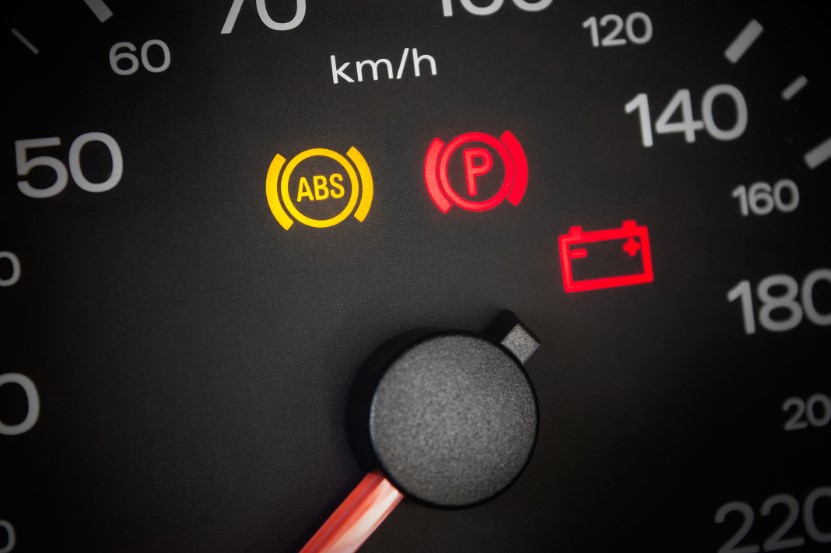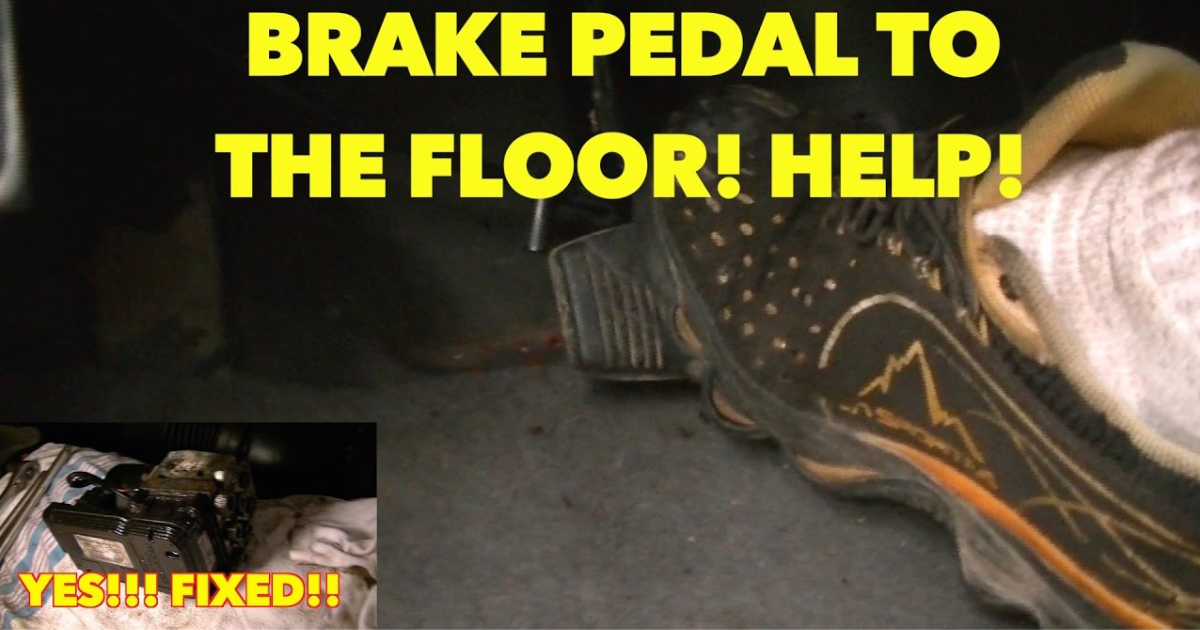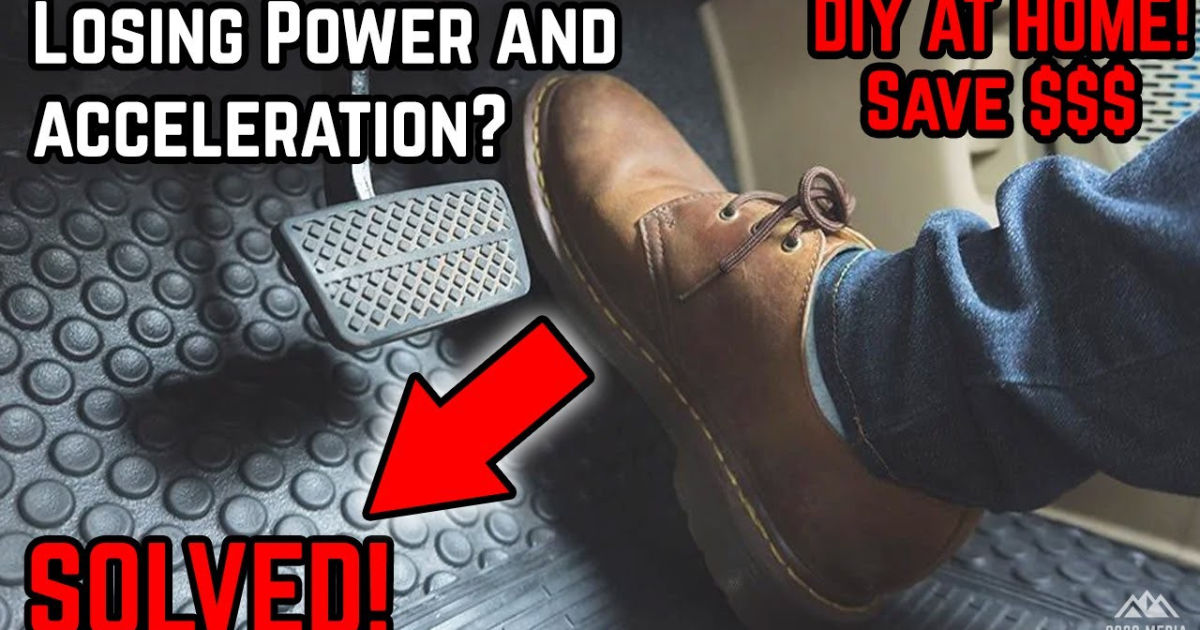The anti-lock braking system (ABS) is a crucial safety feature in modern vehicles that prevents the wheels from locking up during heavy braking. However, like any other automotive system, the ABS can also fail and cause various issues, including a sinking brake pedal. In this article, we will discuss the working principle of ABS, symptoms of ABS failure, common ABS problems, and whether ABS can cause the brake pedal to go to the floor.
ABS Working Principle:
The ABS is responsible for monitoring the wheel speed of the car and adjusting the brake pressure to prevent the wheels from locking up during heavy braking. The ABS system relies on data collected by sensors such as the wheel speed sensor to detect any slippage in the wheels. If the ABS module detects a slip in any of the wheels, it sends a signal to the ABS pump, which releases hydraulic pressure to the brakes. The ABS pump contains valves operated by solenoids that can pump the brakes up to 15 times per second to restore hydraulic pressure to the brakes.
Symptoms of ABS Failure:
Various symptoms indicate a failing ABS system. The first and most apparent sign is the ABS warning light on the dashboard. Other symptoms include brakes locking up during heavy braking, an unresponsive brake pedal, failed speedometer, and increased effort in pressing the brake pedal.
Common ABS Problems:

Some of the common problems with the ABS system include damaged sensors that feed inaccurate data to the ABS module, bad master cylinder or ABS module, faulty ABS pump, wiring problems, and low or contaminated brake fluid.
Can ABS Cause Brake Pedal to Go to the Floor?
Yes, a damaged ABS pump can cause the brake pedal to sink to the floor. The ABS pump controls the hydraulic pressure that activates the brakes. When damaged, the hydraulic pressure drops instantly, causing the brake pedal to sink to the floor. Internal damage to components in the ABS, like the pump valve, can also cause hydraulic fluid to leak, causing a spongy feeling in the brake pedal.
Brake Pedal Resistance:
Brake pedal resistance refers to how hard or firm the pedal feels when pressuring the pedal. The resistance you feel on the brake relies on various brake components. When the brake pedal resistance is too much, it could mean that the brake fluid is leaking or contaminated.
How to Fix a Sinking Brake Pedal?
If you have a sinking brake pedal, it could be caused by many factors, including brake fluid leak, faltering ABS pump, brake pad wear, and faulty ABS module. You will need a proper diagnosis or test components to determine where the problem originated. You can test the condition of the ABS pump using a scan tool, inspect the fuse box for blown fuses, and have them changed immediately. You can also check if the ABS module works fine using the diagnostic scan tool. Scan the vehicle for any error related to the ABS module. It could be either a software issue or the module is entirely damaged. It is best to have a professional fix this problem because it may require much mechanical knowledge.





